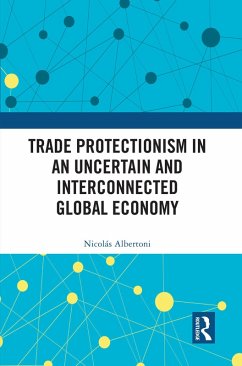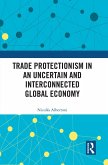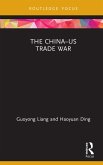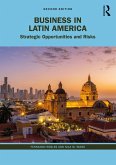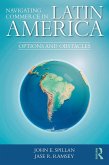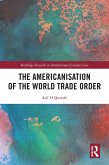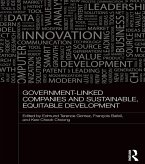Countries have changed the way they respond to protectionism, which impacts bilateral relations. The author explores why and how increased global trade interconnectivity has also become a channel for new forms of trade protectionism, and especially how this impacts the developing world. These counterintuitive dynamics constitute the newest wave in the literature on trade interdependence. Previous research on trade policy has often concentrated on just one aspect of the effects of an interconnected global economy: the more political and economic linkages countries build among themselves, the fewer tensions they will generate across borders. From a trade policy perspective, this causal claim has held steady for many decades. This book bridges academic analysis with trade policymaking and offers a road map for the kinds of commercial policy reforms that will be essential for the successful revival of world markets after global economic crises as it was the COVID-19 pandemic.
This book will appeal to postgraduates, researchers, and academics interested in international political economy, comparative political economy, development, business, and all those with a particular interest in Latin American trade policy dynamics. It will also be of interest to trade policy scholars, practitioners, and readers with an interest in how governments, firms, and regions around the developing world transition into more knowledge-intensive activities.
Dieser Download kann aus rechtlichen Gründen nur mit Rechnungsadresse in A, B, BG, CY, CZ, D, DK, EW, E, FIN, F, GR, HR, H, IRL, I, LT, L, LR, M, NL, PL, P, R, S, SLO, SK ausgeliefert werden.
Marcelo Olarreaga, Professor of Economics, University of Geneva, Switzerland
"This study is an extraordinary balance between the contribution to the literature and the practice of trade policy. It gathers new evidence on a key issue: the risk of protectionism through non-tariff measures in an inevitably interdependent world. It is a bold investigation that persists in the urgency of continuing to deepen trade integration based on pillars that promote transparency and encourage those responsible and scholars of trade policy to advance in this regard."
Andrés Rebolledo, Former Minister of Energy of Chile (2016-2018); President of Chile's National Oil Company; Vice Minister of International Economic Relations of Chile
"Since the Treaty of Westphalia, States are entities that, as Lord Palmerston said, have no friends, but permanent interests. Therefore, integration has been and is a response to the global geopolitics that modernity poses. The contribution of Nicolás Albertoni (colleague from USC) is realistic and courageous. He shows that protectionist regulations are aimed at neutralizing the trade openness that the fall in tariffs deepens. A book that, in my opinion, takes into account without saying so the four demons that coexist with integration: ideology, asymmetry, autarky and hypocrisy. For this reason, his proposal is challenging and opportune, not only for the academy, but for politicians, diplomats, businessmen, workers and especially students. An excellent synthesis of professional seriousness and political maturity."
Sergio Abreu, Secretary General of the Latin American Integration Association; Former Minister of Foreign Relations of Uruguay (1993-1995)

